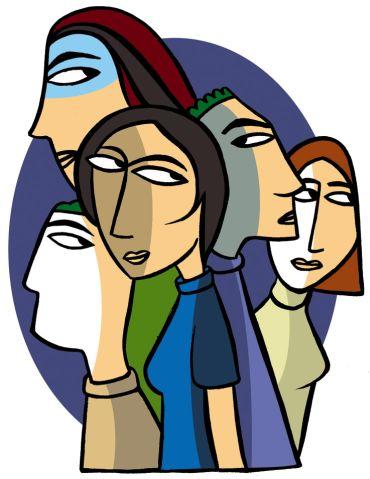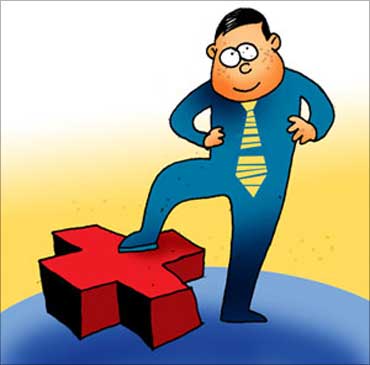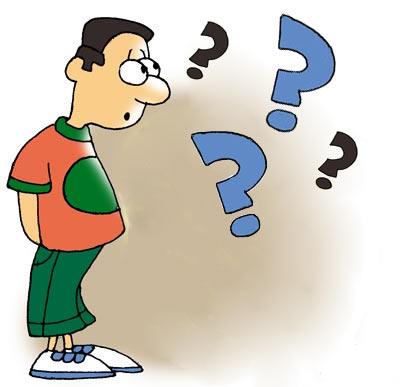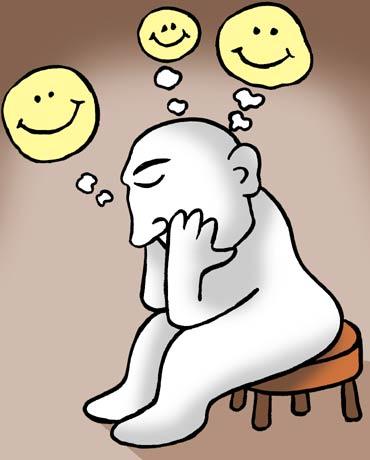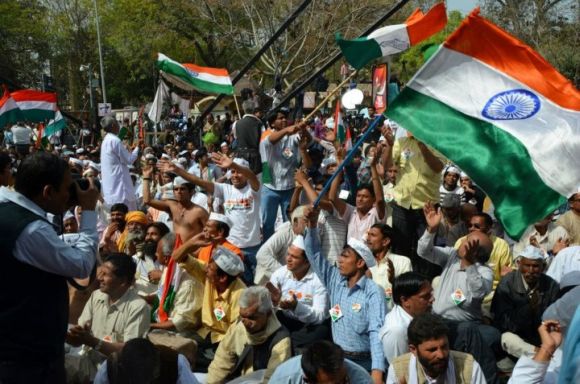 | « Back to article | Print this article |
REVEALED: How socially conscious young India really is
What is it that young Indians really want? What goes on in their minds and just who do they think of before taking a major decision in their lives. A survey that throws light on all these issues and much more.
A recent survey -- The Power of One -- conducted by MTV shed some light on how young India thinks and reacts to issues that concern it.
The survey also shed interesting insight into who young India is confident of exuding power over and believes it influences.
The annual survey is often a benchmark that is referred to by advertising professionals and those who deal in the business of communicating with the youth.
We bring you some insights from the survey. Read on to find out just what your young one is up to!
REVEALED: How socially conscious young India really is
The survey reveals that 98 per cent youth like believe they have a special power to influence and bring about a change in society.
REVEALED: How socially conscious young India really is
Among the respondents, 42 per cent young Indians said that they would participate in a movement for a cause that affects them. The study observed that the young are ambassadors for change and over 95 per cent consider themselves to be more empowered than the previous generation. Somewhat predictably, self-employed persons are more active about participating in such causes as against salaried professionals.
REVEALED: How socially conscious young India really is
The study offers a fascinating insight into the way India's youth thinks. When they were asked what was important to them when they took an important decision in life, 32 per cent replied 'I do it for myself'. 26 per cent young Indians seek parental approval, while only 24 per cent look for appreciation from the entire family.
REVEALED: How socially conscious young India really is
A related insight suggests that 37 per cent young Indians don't care about what the society thinks about them and what they do while 56 per cent admit that though they are concerned about societal norms, they would fight if they believed what they were doing was the right thing.
"You cannot talk today's youth into something. Peer pressure is no more an active phenomena... the youth likes to choose and decide for itself," the study notes.
REVEALED: How socially conscious young India really is
REVEALED: How socially conscious young India really is
According to the survey, 21 per cent of young Indians were concerned with corruption, 19 per cent with unclean surroundings, 17 per cent with quotas and 8 per cent with pollution. Only 4 per cent respondents said they were concerned with unemployment, eve-teasing and honour killing respectively and just about 3 per cent youth seemed bothered about poverty and illiteracy each.
REVEALED: How socially conscious young India really is
Perhaps the most interesting insight the survey offered was how the youth reacted to the anti-corruption campaigns that Anna Hazare and his team organised. As it turns out our best reaction to Hazare's campaign was watching it 'sometimes on TV news' (20 per cent of young India seemed to do that). 18 per cent youth 'actively discussed the issue' with their families and in social circles. Only 2 per cent organised rallies in their colonies and 3 per cent in their cities to support the cause. Only 4 per cent respondents admitted to participating in Hazare's dharna in New Delhi.
REVEALED: How socially conscious young India really is
Talking to strangers, the study observes, is no longer a taboo as it reveals that 64 per cent youth use social networking websites to talk to strangers and make new friends. "With Social media and chat messengers, talking to strangers is fun and safe. Safe because it allows one the freedom to know the other person before thw two can actually meet up," the study observes.
